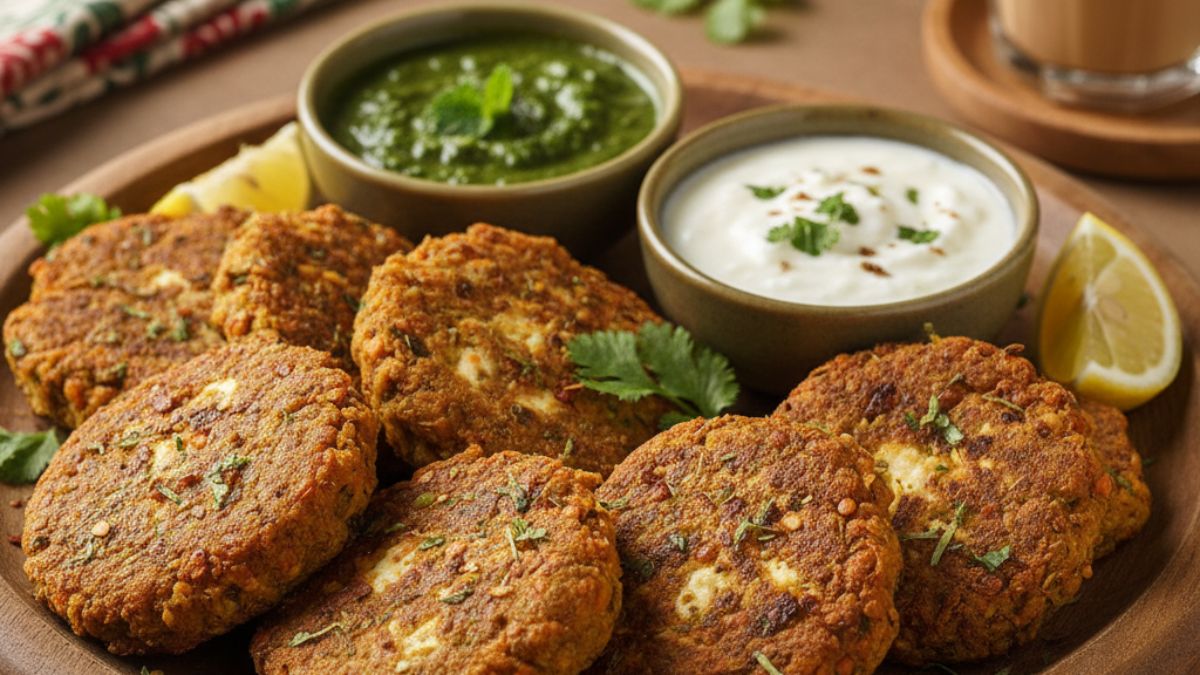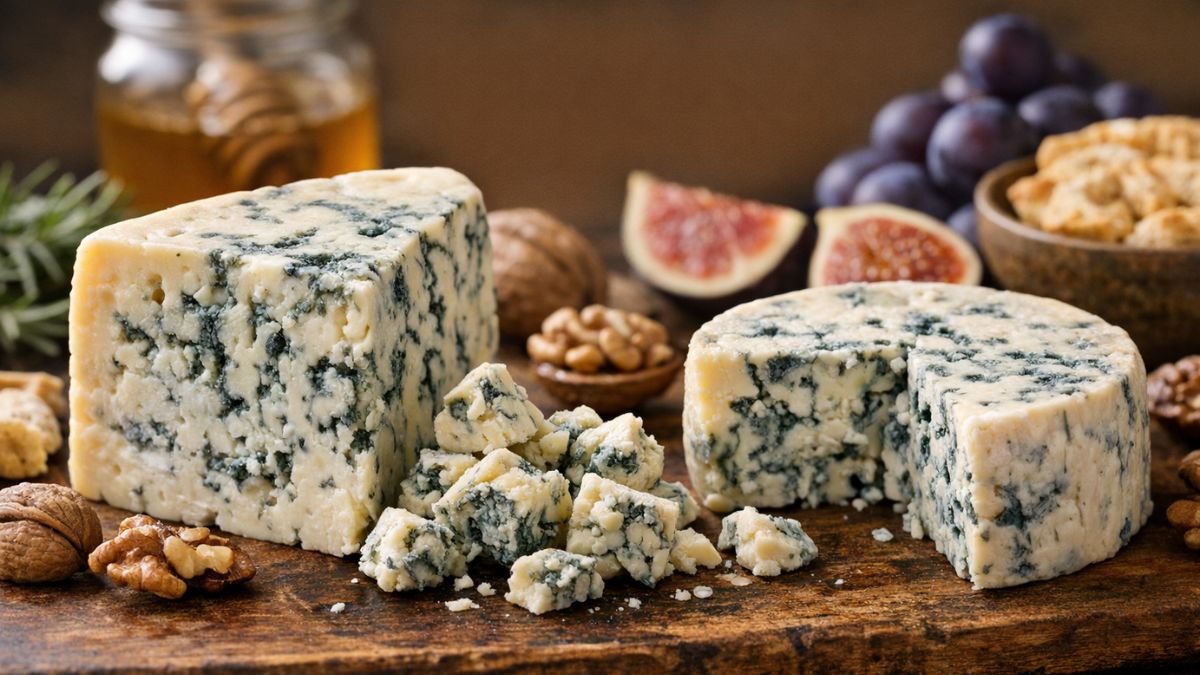In the fast-paced, screen-dominant world of today, India is witnessing a staggering increase in eye health concerns. With digital screens becoming ubiquitous - from work meetings to classrooms - our eyes are under constant strain. But beyond just taking frequent breaks or opting for blue-light blocking glasses, there's a nutritional saviour that's gradually gaining recognition: Omega-3 fatty acids. In the quest for optimal eye health, Omega-3s emerge as a cornerstone of nutrition.
Understanding the Omega-3 fundamentals
Essential for a slew of bodily functions, Omega-3 fatty acids primarily find their source in fatty fish, such as salmon, tuna, and mackerel. But for our vegetarian populace, flaxseeds, chia seeds, and walnuts offer a plant-based alternative. What's crucial to understand is that these are 'essential' fats - the body cannot produce them autonomously, making it imperative to consume them externally.
For our eyes, particularly, eicosapentaenoic acid (EPA) and docosahexaenoic acid (DHA) - two types of Omega-3s - hold special significance. A fascinating fact: DHA constitutes a substantial part of the retina in our eyes. Naturally, a shortage of DHA can spell trouble for vision.
Why Is Omega-3 Good For Eyes:
When it comes to safeguarding our eyes, Omega-3 fatty acids are nothing short of superheroes:
1. Alleviating dry eye syndrome:
A growing menace in the current digital scenario, dry eyes have found a formidable opponent in Omega-3s. Consuming these fatty acids can enhance the tear film's lipid layer, providing relief from the irksome symptoms of dry eyes.
2. Shield against age-related macular degeneration (AMD):
The elderly population is especially at risk from AMD, a prime cause of vision impairment. However, a beacon of hope shines as studies indicate that a regular intake of Omega-3 fatty acids might reduce the onset risk of AMD.
3. Protection from diabetic retinopathy:
Diabetes, unfortunately, is a rampant ailment in our nation. One of its dire complications is diabetic retinopathy, which results from prolonged high blood sugar levels damaging the retina's blood vessels. Omega-3s, with their anti-inflammatory prowess, could potentially reduce this risk.
How Omega 3 Promotes Eye Health:
While Omega-3s play an integral role in eye health, they shouldn't overshadow the importance of a balanced diet.
1. Vitamins C and E:
Abundant in our favourite citrus fruits, nuts, and seeds, these vitamins are known to combat cataracts and possibly decelerate AMD progression.
2. Zinc:
This might be a trace mineral, but its significance is mammoth. Present in beans, nuts, and meats, zinc assists in shuttling vitamin A from our liver to the retina, a process that culminates in the production of protective melanin in our eyes.
3. Lutein and Zeaxanthin:
Spinach, kale, and eggs are replete with these antioxidants, which have shown potential in thwarting chronic eye diseases.
Navigating the challenges of Omega-3 integration
While the merits of Omega-3s are abundant, their integration into the Indian diet isn't without challenges. Vegetarians and vegans might grapple with achieving adequate intake solely from plant sources. Moreover, for those who turn to fish as their primary Omega-3 source, there's the lurking risk of mercury exposure with excessive consumption. Thus, striking a balance and ensuring the purity of sources is of the essence.
The Road Ahead
In the constantly evolving tapestry of our digital lives, prioritising eye health is not just an option but a necessity. The repercussions of neglecting eye health in today's world can be severe. Thankfully, nature has bestowed us with Omega-3s, a potent tool in our arsenal against eye ailments.
In summation, as we march ahead in this digital age, our eyes, the windows to our world, require nourishment and care. Omega-3 fatty acids, coupled with a balanced diet, might just be the elixir our eyes have been yearning for.
About the author: Dr Vikash Vaibhav is a Senior Consultant at Sharp Sight Eye Hospitals.
(This content including advice provides generic information only. It is in no way a substitute for qualified medical opinion. Always consult a specialist or your own doctor for more information. NDTV does not claim responsibility for this information.)










